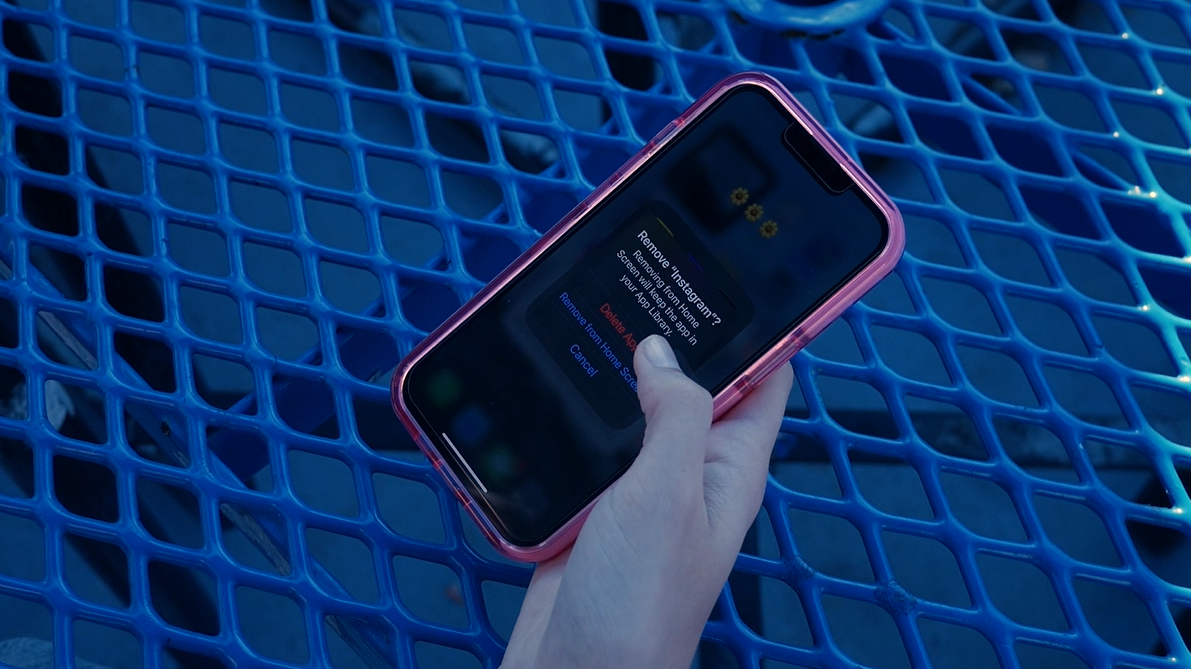The debate class is engaging in congressional debate and will be doing so until the end of the school year.
In congressional debate, students pose as legislators and propose bills that they then present speeches for or against, similarly to the United States Congress. Each speech lasts two minutes and is followed by one minute of questioning each from a maximum of five other students.
“Giving a speech and asking questions is all done voluntarily, so [debate teacher Mark Schledorn] grades us pretty much based on participation,” freshman Maggie Qin said.
Schledorn said he is fond of congressional debate because the class actively participates.
“I’m really enjoying congressional debate because it makes everyone be involved,” Schledorn said. “We have a laptop with a spreadsheet on it open when the debate is going on, and every time someone speaks they get points. If they aren’t speaking, they aren’t getting points. People can look in their Google Classroom and see the sheet changing in real time if they want to, and they can say, ‘Oh, dang. I better speak today because yesterday I didn’t say anything and I want to get full points.’ I like it because it’s super participatory. Everybody, pretty much, has participated in class.”
The bills debated in class are similar to bills presented to real legislatures, dealing with issues such as housing and police training. Bills are chosen from a docket, discussed by the class and researched before making their way into a debate session.
“What I do is I have the kids pick four bills at a time, and as a class we brainstorm those bills,” Schledorn said. “We write on the board ‘Why would you want to pass this bill? Why would you not want to pass this bill?’ Then I say, ‘Let’s do some research and find out if you know what the heck you’re talking about.'”
The class had previously been learning public forum debate, in which teams of students present speeches for or against a prompt in an alternating pattern. The transition from public forum to congressional debate was fueled by the current testing season.
“We’re doing congressional debates now because I’ll never have a full class of kids for the rest of the year because of AP testing and EOC and FAST and whatever other tests are happening,” Schledorn said. “With public forum, because you’re working with partners, you’re more dependent on both people being here. For this time of year, congressional debate just seemed like the natural thing to do.”
Qin said she has enjoyed the switch from public forum to congressional debate.
“I really like congressional debate,” Qin said. “I am actually interested in competing in congressional next year. I feel like congressional debate is also less formal than public forum in a sense. It’s much easier to prepare for and you don’t have to go in depth for a lot of things. It also focuses on persuasion skills. That’s really different from public forum because public forum really attacks the evidence, while the evidence is less significant in congressional. Congressional heavily puts emphasis on the impact of the bill, what it would mean if the bill was passed, the differences it would make, why it is necessary or not necessary, etc.”
Qin said the structure of congressional debate elevated her debating abilities.
“Congressional debate is definitely improving my impromptu speech because we’re not allowed to have a full prewritten speech,” Qin said.
Schledorn agreed that congressional debate’s unique structure has improved his students’ skills.
“If nothing else, the students are speaking in front of their peers and they have to know what they’re speaking in front of their peers, especially when they’re questioning the person who’s giving the main speech because there’s gonna be arguments coming back,” he said. “You can’t just get up and make stuff up because you’re going to be challenged.”
By Juliana Johnson










































